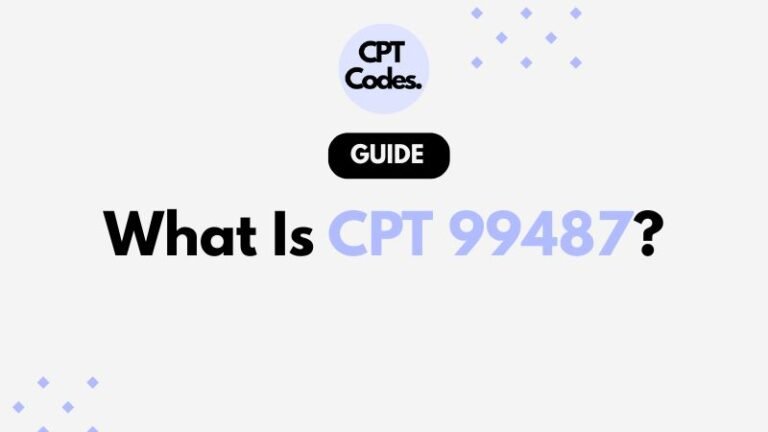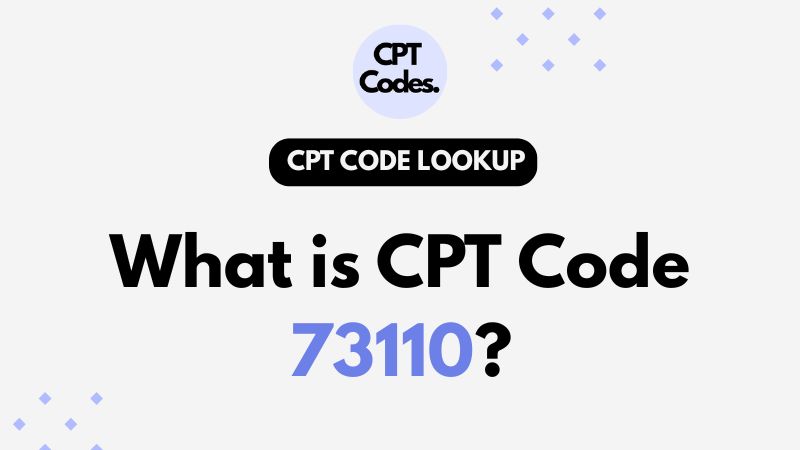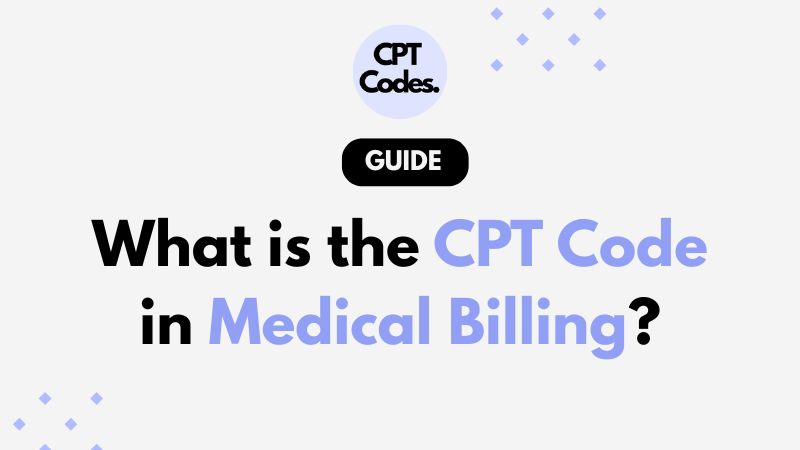In today’s healthcare landscape, patients with multiple chronic illnesses often need more than traditional office visits. That’s where CPT 99487 comes in. This code recognizes the time and effort providers spend managing complex care behind the scenes. Understanding CPT Code 99487 can help practices improve patient outcomes while ensuring they are reimbursed fairly for their work.
CPT 99487 Explained
CPT 99487 is a medical billing code for Complex Chronic Care Management (CCCM) services. It applies when a patient has two or more chronic conditions that place them at significant risk for health decline.
Key details include:
- Time requirement: At least 60 minutes of clinical staff time in a calendar month.
- Service type: Non–face-to-face care such as phone calls, care coordination, or remote monitoring.
- Complexity: Requires moderate to high-level decision-making and a care plan that is either established or substantially revised.
- Supervision: Delivered under a physician’s or qualified health professional’s supervision.
- Why CPT 99487 Matters
Chronic diseases like diabetes, heart failure, and COPD often overlap, making patient care more complicated. CPT 99487 helps address these challenges by:
- Encouraging coordinated care – Connecting specialists, pharmacists, and home health services to create one unified plan.
- Reducing hospital visits – Proactive monitoring lowers the risk of emergency situations.
- Supporting patient engagement – Patients feel supported between visits, improving treatment adherence.
- Rewarding providers – Ensures physicians and staff are compensated for the time spent managing complex cases.
Billing Requirements and Best Practices
To bill CPT 99487 correctly, practices must follow strict guidelines.
- Patient eligibility: At least two chronic conditions expected to last a year or more.
- Care plan: Documented, comprehensive, and actively managed.
- Time tracking: Record all non-face-to-face interactions to ensure the 60-minute threshold is met.
-
Decision-making: Must involve moderate or high complexity, not just routine check-ins.
Common mistakes to avoid:
- Billing for patients with only one chronic condition.
- Logging less than 60 minutes of documented staff time.
- Using CPT 99487 interchangeably with 99490 or 99491 without checking payer rules.
Example Scenario
Imagine a patient with diabetes, hypertension, and heart disease. Over the course of a month, the care team spends:
- 25 minutes reviewing lab results and adjusting medication.
- 20 minutes coordinating with a cardiologist.
- 20 minutes calling the patient to discuss diet and blood pressure tracking.
With a total of 65 minutes and a revised care plan, this qualifies for billing under CPT 99487.
CPT 99487 vs Other CCM Codes
It’s easy to confuse 99487 with similar chronic care management codes. Here’s a quick comparison:
| Code | Time | Complexity | Notes |
|---|---|---|---|
| 99490 | 20 minutes | Low to moderate | Basic CCM services |
| 99487 | 60 minutes | Moderate to high | Complex CCM with care plan revisions |
| 99489 | Each additional 30 min | Moderate to high | Add-on code to 99487 |
| 99491 | 30 minutes | Physician/NP only | Direct time by provider, not staff |
Final Takeaway
CPT 99487 is more than just a billing code, it’s a recognition of the essential, often unseen work that goes into managing patients with multiple chronic illnesses. By meeting documentation requirements and tracking time carefully, healthcare providers can improve patient care and ensure their efforts are financially sustainable.



